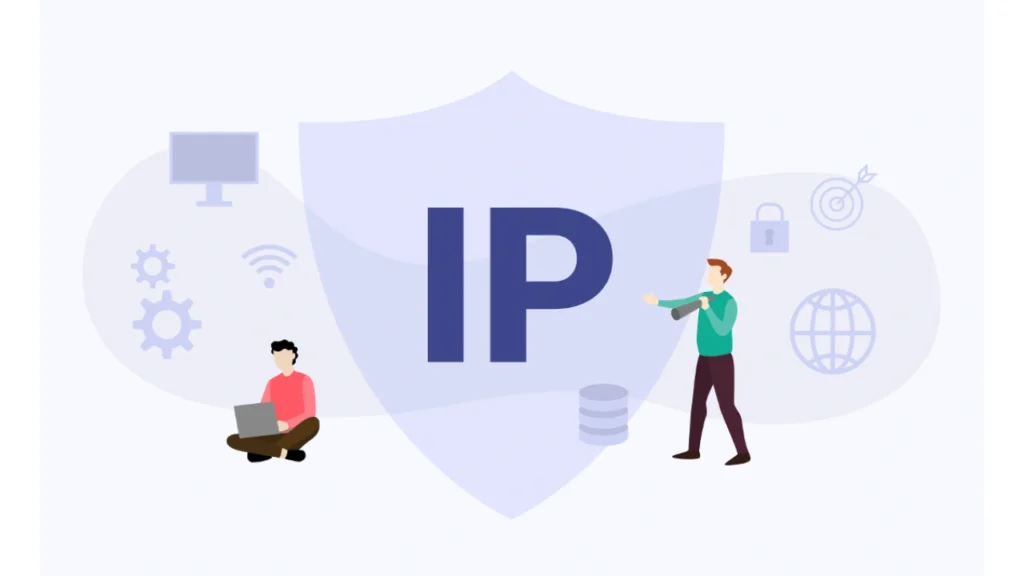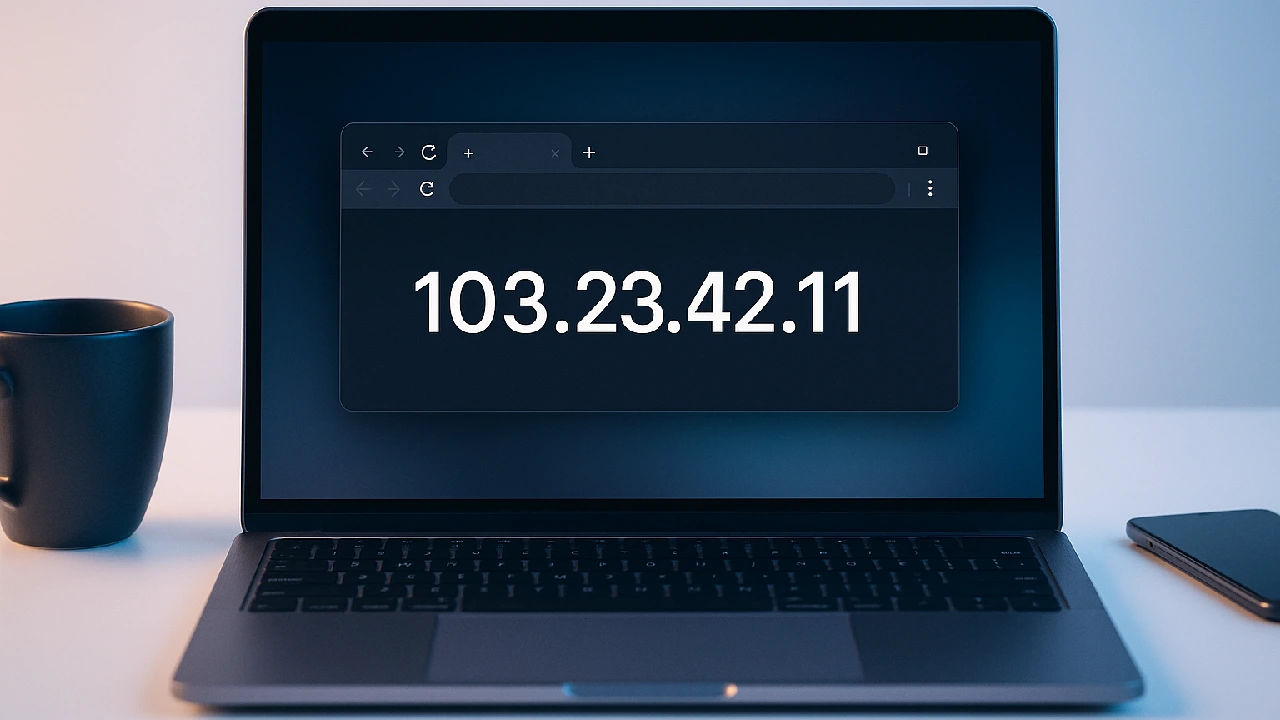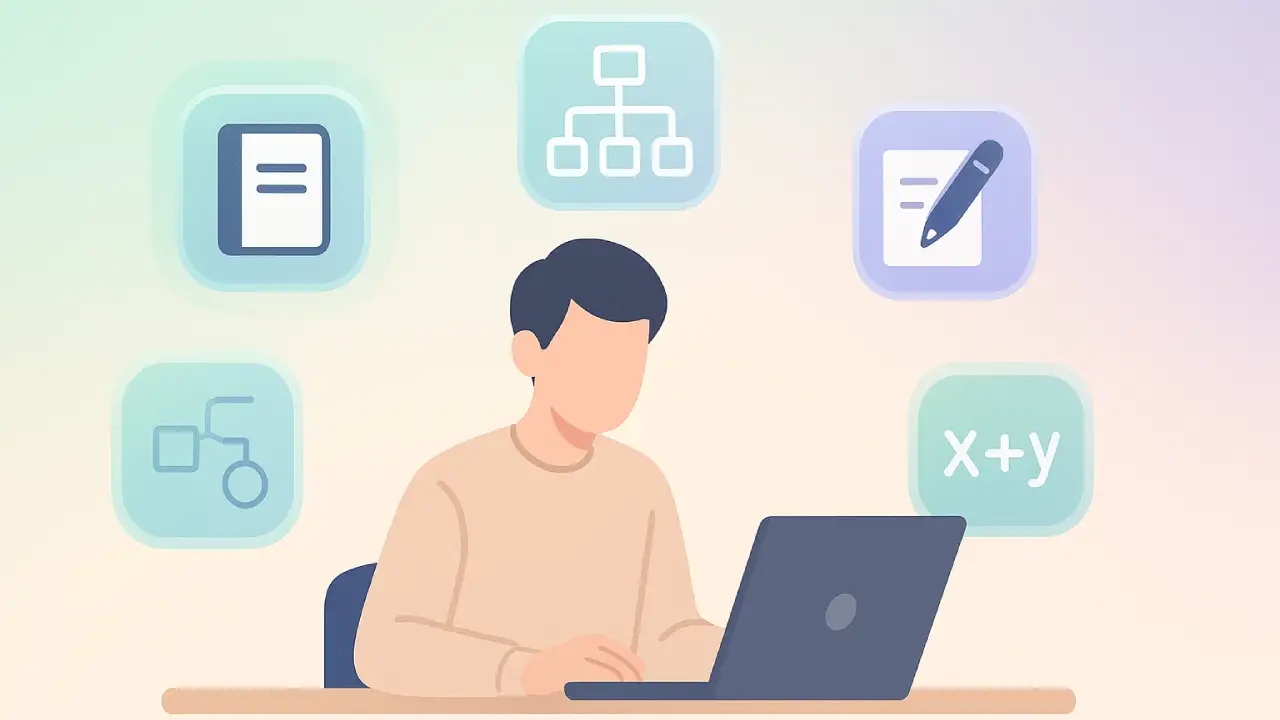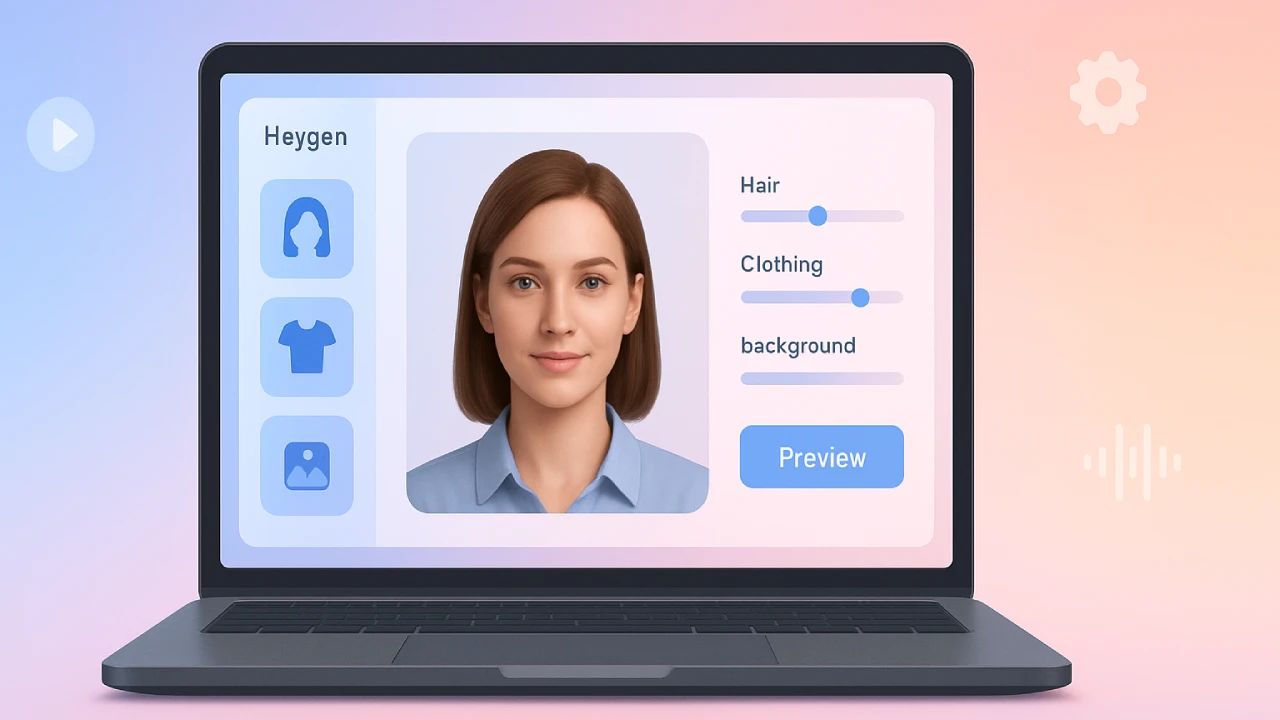Your IP address is like a digital name tag; it tells websites what kind of device you have so they can give you data. It’s necessary for safety and accessing the internet.

It may seem like a strange question to ask, “What is my IP?” but everyone who uses the internet does it without realizing it. It tells the web who you are and where to send data. Your IP address is like a GPS for your computer.
What Is IP Address
An IP address (Internet Protocol address) is a unique string of numbers your device gets when it goes online. It allows your phone, laptop, or smart TV to send and receive information across the web.
Think of it as your digital return address. Just like postal mail needs your home address to arrive at your door, websites need your IP to send data like videos, emails, or search results.
There are two main versions in use:
- IPv4: A 32-bit format like
192.168.0.1 - IPv6: A 128-bit format like
2400:cb00::1a2fdesigned to handle billions more devices
How to Check My IP Address
Checking your IP is simple:
- Search “what is my IP” on Google and your public IP address will appear at the top
- Use free tools like iplocation.net, whatismyip.com, or ipinfo.io
- On Windows:
Settings → Network & Internet → Properties - On macOS:
System Settings → Network → Advanced - On Android/iOS: Go to your connected Wi-Fi settings and scroll down to see your IP
You’ll see a public IP, which the internet sees, and a private IP used within your local Wi-Fi network.
Public vs Private IP: What’s the Difference
- Public IP: Assigned by your Internet Service Provider (ISP). It’s how the internet identifies your network.
- Private IP: Assigned by your home router. It’s how your devices talk to each other on the same Wi-Fi.
Different devices, like your laptop, TV, and phone, can share a single public IP address because your router uses NAT (Network Address Translation). Each device has its own private IP address.
Static vs Dynamic IP: Which One Do You Have
| Feature | Static IP | Dynamic IP |
|---|---|---|
| Address Type | Permanent and fixed | Temporary and changes often |
| Ideal Use Case | Hosting websites, VPNs | Casual internet usage |
| Tracking Risk | Higher | Lower |
| Common Among | Businesses, remote setups | Most home users |
Most of the time, you can ask your ISP for a set IP address, but most people are given dynamic IP addresses that change every few days.
IPv4 vs IPv6: The Technical Evolution
| Feature | IPv4 | IPv6 |
|---|---|---|
| Address Format | 32-bit | 128-bit |
| Appearance | 192.168.1.1 | 2400:ab00:2048:1::ac9e:7f42 |
| Capacity | ~4.3 billion devices | Virtually unlimited |
| Usage | Still widely used | Increasing with IoT and new tech |
IPv6 was made because IPv4 names are running out, especially since the number of smart devices is growing so quickly.
Why It Matters to Know Your IP
- Security: Your IP is exposed every time you visit a website — hackers can misuse it for tracking or DDoS attacks
- Geo-restriction: Your IP reveals your approximate location, which can block or allow access to certain content
- Remote Access: Knowing your IP is key to setting up things like home surveillance or work VPNs
- Device Management: Helps you troubleshoot network issues or organize connected devices at home
- Privacy Control: You can hide your IP using a VPN or proxy to stay anonymous online
How to Hide or Change Your IP
Are you worried about being found? Here’s how to hide your digital print:
- VPN (Virtual Private Network): Reroutes your connection through another country
- Proxy Servers: Act as a middleman between you and the website
- Mobile Data: Switching networks resets your dynamic IP
- ISP Support: You can request a new IP manually
Hiding your IP address makes you safer, especially when you’re on public Wi-Fi or a network that isn’t protected.
Who Needs to Check or Mask Their IP
- Gamers: To avoid targeting or connection lag from bad routing
- Remote Professionals: For secure file transfers and remote desktop access
- Travelers: To unlock content unavailable in their current region
- Everyday Users: Just to browse privately and keep data safe
You have an IP address when you’re online. It’s also important to know about if you care about privacy or power.







